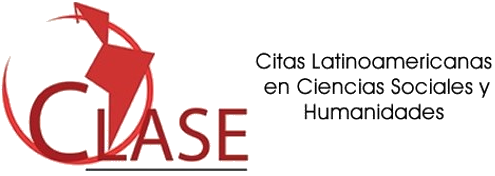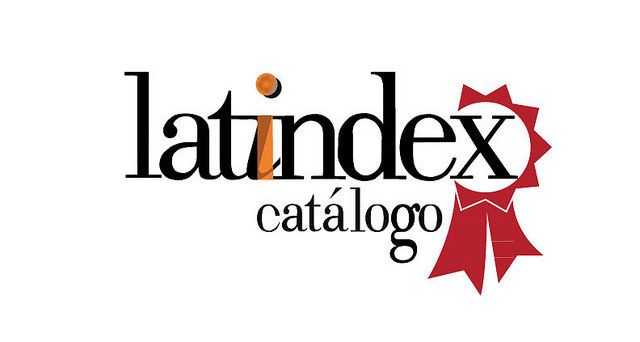Comments on the Text by Joanildo Burity: Challenges for Current Times
DOI:
https://doi.org/10.29340/en.v3n6.186Keywords:
Evangelicals and politics, Christian right, cultural citizens, Christians without religionAbstract
Since the return to democracy, the Chilean evangelical world has undergone important changes, such as the reconsideration of its relationship with the military regime, increase in socioeconomic and educational levels, the consolidation of its status as a recognized actor in the country’s political and social life. These transformations determined the formation of evangelicals as “the cultural citizens,” who were fully aware of their demands, specific rights and the new political activism. At the same time, the Chilean religious field is undergoing a permanent diversification, deinstitutionalization and individualization process, giving rise to many non-traditional ways of expressing beliefs: intradenominational movements, Christian study centers, “Christians without religion.” These new forms of non-Catholic Christianity and their links to the population’s interests and needs show that their characteristics and identities go beyond the usual division of social actors into left and right, and require the creation of a wider conceptual apparatus.
Downloads
References
Bastian, Jean Pierre (1994). Protestantismo y modernidad latinoamericana. Historia de unas minorías religiosas activas en América Latina. México: Fondo de Cultura Económica.
— (1997). La mutación religiosa en América Latina. Para una sociología de cambio social en la modernidad periférica. México: Fondo de Cultura Económica.
Cleary, Edward y Juan Sepúlveda (1998). “Chilean Pentecostalism: Coming of Age”, en Edward Cleary y H. Stewart-Gambino (ed.), Power, Politics and Pentecostalism in Latin America. Boulder: Wextview Press, pp. 97-122. https://doi.org/10.4324/9780429498077-6 DOI: https://doi.org/10.4324/9780429498077-6
Dagnino, Evelina (2006). “Concepciones de la ciudadanía en Brasil: proyectos políticos en disputa”, en Isidoro Cherevsky (comp.), Ciudadanía, sociedad civil y participación política. Buenos Aires: Miño y Dávila, pp. 387-410.
Fediakova, Evguenia (2004). “Somos parte de esta sociedad: evangélicos y política en el Chile postautoritario”, Política, núm. 43, pp. 253-284.
Hervieu-Léger, Danièle. (2004) El peregrino y el convertido. La religión en movimiento. México: Ediciones del Helénico.
Ramírez, Pedro (2019). “Radiografía a la red que impulsa la arremetida política de los evangélicos chilenos”, ciper-Chile, Recuperado de https://ciperchile.cl/2019/07/22/radiografia-a-la-red-que-impulsa-la-arremetida-politica-de-los-evangelicos-en-chile/, consultado el 25 de agosto del 2020.
Rosaldo, Renato (1999, 19 de febrero). “Ciudadanía cultural, desigualdad, multiculturalidad”, El Bordo Magazine, Conferencia magistral dictada en el Seminario “El Derecho a la Identidad Cultural”, uia-Noroeste, Tijuana, Baja California. Recuperado de https://uia-foundation.org/wp-content/el-bordo/03/Multiculturalidad-01.php, consultado el 25 de agosto de 2020.
Published
Issue
Section
License
Copyright (c) 2020 Encartes

This work is licensed under a Creative Commons Attribution-NonCommercial 4.0 International License.
Aviso de derechos de autor
- Los autores/as conservan los derechos de autor y ceden a la revista el derecho a la primera publicación con el trabajo registrado con la licencia de atribución Creative Commons, que permite a terceros utilizar lo publicado siempre que mencionen la autoría del trabajo y a la primera publicación en esta revista
- Los autores/as pueden realizar otros acuerdos contractuales independientes y adicionales para la distribución no exclusiva de la versión del artículo publicado en esta revista (por ej. Incluirlo en un repositorio institucional o publicarlo en un libro) siempre que indiquen claramente que el trabajo se publicó por primera vez en esta revista.
El material puede ser copiado, distribuido, comunicado, ejecutado públicamente. Se pueden hacer obras derivadas de él. No se puede utilizar para fines comerciales. Se debe reconocer y citar la obra de la forma en que tú especifiques.


